.




A billboard set up by Ethiopian authorities in Adi-Harush camp for Eritreans who have fled their country warned about human smugglers, saying, ‘Illegal movement is like walking blindfolded. Let’s stay alert.’ The refugees aren’t deterred.: photo by Nichole Sobecki for The Wall Street Journal, 20 October 2015
Gunman in attack in Israel identified as Bedouin, as Kerry says "clarity" needed at holy site: image via New York Times World @nytimesworld, 19 October 2015
Haftom Zarhum was shot by Israeli cops & violently killed by vigilante mob #BlackLivesMatter #Beersheba: image via vimto mami @lunarnomad, 19 October 2015

#Stabbing process & shooting in #Beersheba station. 1 zionist dead & 7 injured #PalestineResists #Man4Palestine: image via Dr. Halina @doc_hal, 18 October 2015

#Stabbing process & shooting in #Beersheba station. 1 zionist dead & 7 injured #PalestineResists #Man4Palestine: image via Dr. Halina @doc_hal, 18 October 2015

#Stabbing process & shooting in in #Beersheba station. 1 zionist dead & 7 injured #PalestineResists #Man4Palestine: image via Dr. Halina @doc_hal, 18 October 2015
Eritrean mistaken for terrorist shot, beaten as #Beersheba attack unfolded: image via Cassandra Vinograd Verified account @CassVinograd, 19 October 2015
Eritrean Envoy Calls for Arrest of Israeli #Beersheba Lynch Mob c @deray @MRN1SA @CornelWest: image via #NoJusticeNoPeace @PalsJustice, 21 October 2015
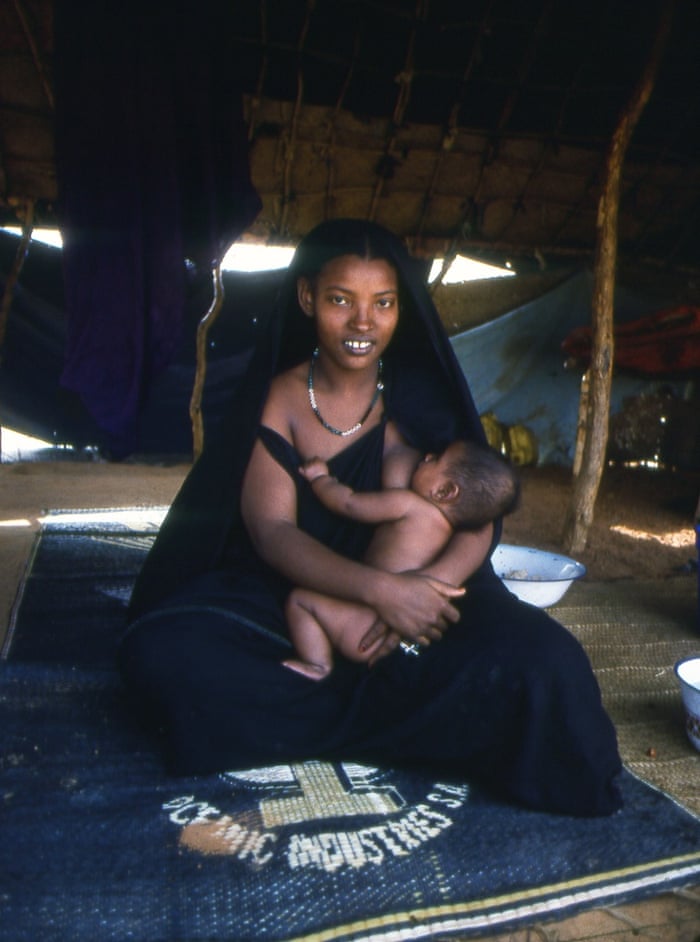
Malian Tuareg. Tuareg women enjoy equal rights to men, but their main role, as seen here, is looking after their family. When in the company of women, Tuareg men pull up their veils above the nose in a sign of respect: photo by Jean Marc Durou via the Guardian, 26 May 2015
#Future Boo #Tuareg Man! Eyes so damn beautiful smh: image via Fatima Dee @Coco3yoon, 10 May 2015
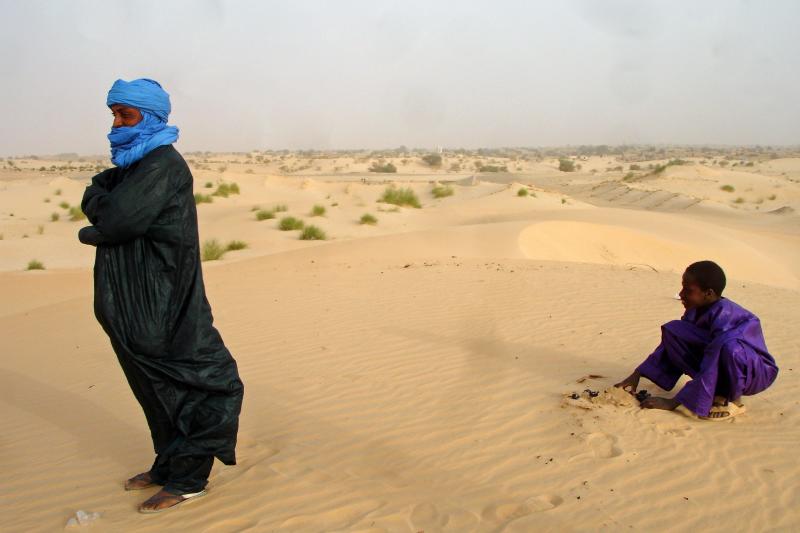
Outside Timbuktu: photo by Carsen ten Brink, 2 January 2015

Tuareg encapment (near Tombouctou, Mali): photo by Leslie Lewis, 27 January 2011

The ‘desert rock’ music scene may have given Tuareg bands like Tinariwen and Tamikrest an international spotlight, but knowledge of their culture and plight remains limited in the UK: photo by Henrietta Butler via the Guardian, 26 May 2015
In #Haryana village, demon-king Ravana aims for #WorldRecord: image via INDIA TRENDING NOW @ITNlive, 21 October 2015
Historians and opposition denounce Netanyahu for saying Palestinian mufti inspired Hitler: image via New York Times World @nytimesworld, 21 October 2015

Israel approved construction of the West Bank Barrier in the summer of 2002. Israel describes the structure as a security barrier with no political significance. But some Palestinians view it as a way of protecting settlements and securing areas for expansion: image via AFPgraphics @AFPgraphics, 20 October 2015

Israel approved construction of the West Bank Barrier in the summer of 2002. Israel describes the structure as a security barrier with no political significance. But some Palestinians view it as a way of protecting settlements and securing areas for expansion: image via AFPgraphics @AFPgraphics, 20 October 2015

Israel approved construction of the West Bank Barrier in the summer of 2002. Israel describes the structure as a security barrier with no political significance. But some Palestinians view it as a way of protecting settlements and securing areas for expansion: image via AFPgraphics @AFPgraphics, 20 October 2015

Israel approved construction of the West Bank Barrier in the summer of 2002. Israel describes the structure as a security barrier with no political significance. But some Palestinians view it as a way of protecting settlements and securing areas for expansion: image via AFPgraphics @AFPgraphics, 20 October 2015
UN chief tells Israelis, Palestinians to urgently calm tensions: image via Agence France-Presse @AFP, 20 October 2015
A Palestinian protester hurls stones towards Israeli troops during clashes at the Israeli Hawara checkpoint near the West Bank city of Nablus, October 16, 2015. The unrest that has engulfed Jerusalem and the occupied West Bank, the most serious in years, has claimed the lives of 34 Palestinians and seven Israelis [photo Ahmad Talat/Reuters]: image via Reuters Opinion @Reuters, 21 October 2015
136 attacks on medics, 47 dead and thousands injured since the start of October: Palestinian Ministry of Health: image via syndicalist @syndicalist, 21 October 2015
#Palestine - How a knife suddenly appears next to a dead Palestinian! #Israel: image via DOAM @doammuslims, 20 October 2015

Rabbis for Human Rights: Like every year, Israeli settlers continue to steal Palestinian #olive fields #Palestine image via Gabriel Helou @GabrielHelou, 20 October 2015

Rabbis for Human Rights: Like every year, Israeli settlers continue to steal Palestinian #olive fields #Palestine image via Gabriel Helou @GabrielHelou, 20 October 2015
The olive harvest in occupied Palestine can cost them lives.. #Palestine teaches life #PalestineUnderAttackimag
#WestBank: 54-year-old Palestinian dies from tear gas inhalation during clashes in Hebron:: image via syndicalist @syndicalist, 21 October 2015

#WesrBank: Confrontations between Israeli occupation forces and youth near Beit El settlement, north of al-Bireh: image via syndicalist @syndicalisms, 20 October 2015

#WesrBank: Confrontations between Israeli occupation forces and youth near Beit El settlement, north of al-Bireh: image via syndicalist @syndicalisms, 20 October 2015

#WesrBank: Confrontations between Israeli occupation forces and youth near Beit El settlement, north of al-Bireh: image via syndicalist @syndicalisms, 20 October 2015

A Palestinian swings a sling during clashes with Israeli troops, near Ramallah, West Bank, Tuesday: photo by Majdi Mohammed/AP, 20 October 2015
Israel razes West Bank home of jailed Palestinian as clashes continue: image via Agence France-Presse @AFP, 20 October 2015

#Greece: A #Syrian amputee whose prosthetic leg is on his baby's stroller walks with his family at Piraeus port: image via Talar Kalajian @TalarKala, 21 October 2015

Mounted police officers escorted hundreds of migrants after they crossed into Dobova, Slovenia, from Croatia. Slovenia has faced a surge of migrants since Saturday, when Hungary sealed its border with Croatia: photo by Sergey Ponomarev for The New York Times, 20 October 2015
Slovenia buckles as migrants rush to escape winter, border closures: image via Agence France-Presse @AFP, 20 October 2015

A child resting with other migrants on a road near the village of Berkasovo, Serbia, near the border with Croatia. Many migrants had been stranded for days in ankle-deep mud and rain: photo by Darko Vojinovic/Associated Press, 20 October 2015
People gather for an anti-migrant demonstration in Dresden: image via Reuters Top News @Reuters, 20 October 2015

The German federal police guided a group of migrants after they crossed the border from Austria in Wegscheid: photo by Matthias Schrader/Associated Press, 20 October 2015
Migrants are entering Europe with little or no screening, leading to fears of unrest: image via New York Times World@nytimesworld, 20 October 2015

Slovenia to ask EU for police back-up to cope with influx of migrants: image via Reuters Top News @Reuters, 20 October 2015

Migrants and asylum seekers walk after crossing the Macedonian-Serbian border. By @armend_nimani #AFP: image via AFP Photo Department@AFPphoto, 21 October 2015

Migrants and asylum seekers walk after crossing the Macedonian-Serbian border. By @armend_nimani #AFP: image via AFP Photo Department@AFPphoto, 21 October 2015

Migrants and asylum seekers walk after crossing the Macedonian-Serbian border. By @armend_nimani #AFP: image via AFP Photo Department@AFPphoto, 21 October 2015


A man rests inside a damaged house by what activists said were air strikes by forces loyal to Syria’s president Bashar Al-Assad in Jabal al-Akrad area in northwestern Syria 31 December: photo by Alaa Khweled/Reuters via the Guardian, 4 January 2015
Over 76,000 people killed in #Syrian war in 2014 – NGO: image via Sputnik @Sputnikint, 1 January 2015
"Eat cats and dogs.." clerics told to the starving #syrian children... @Free Media Hub: image via #happynewSYRIAyear @AejKhalil, 30 December 2014
Pic via @TheSyriaPulse: Rebel fighter moves through wall near frontline against regime forces, #Aleppo #Syria Dec. 28: image via Al-Monitor @AlMonitor, 31 December 2014
The war on doctors. "In Aleppo, #Syria largest city in the country, only 13 surgeons remain": image via Nadim Houry @nadimhoury, 20 November 2014
#Syria war deadliest in 2014 with 76,000 killed: Monitor: image via News Nation @NewsNationTV, 1 January 2014
Syria's Assad promises jobs to relatives of killed soldiers #Syria: image via Middle East Eye @MidleEastEye, 1 January 2015
Syrian conflict has claimed 76,000 lives in deadliest year yet, say monitors #Syria: image via MintPress News @MintPressNews, 1 January 2015
Putin attacks the civilians and the FSA taking them to be ISIS while ISIS is 100 km away from us. #Syria #Kafranbel: image via Hadi Al Abdallah @HadiAlabdallah, 5 October 2015
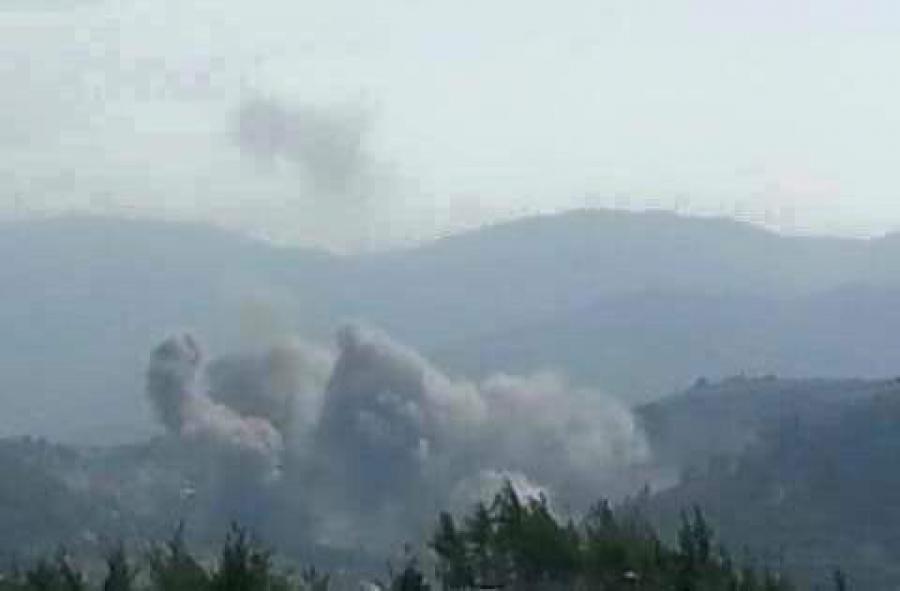
Russian Air Force Targets Hospitals in #Syria #Assad: image via Syrian Coalition @SyrCoalition, 3 October 2015
Issam Al Saleh died a hero. Killed by Russian dble tap while saving others. Photo shows being carried by colleagues.: image via The White Helmets @SyriaCivilDef, 3 October 2015
No Russian intervention in Syria: image via baraa al halabi @baraaalhalabi, 7 October 2015


Descendant
Loved France
and changed his name
Was Marcel
And didn't know how to
I went along with the concierge
His remains
It may be I alone
still know
he was once alive
Giuseppe Ungaretti (1888-1970): In Memoria, 30 September 1916, from ll porto sepolto, 1916; English version TC

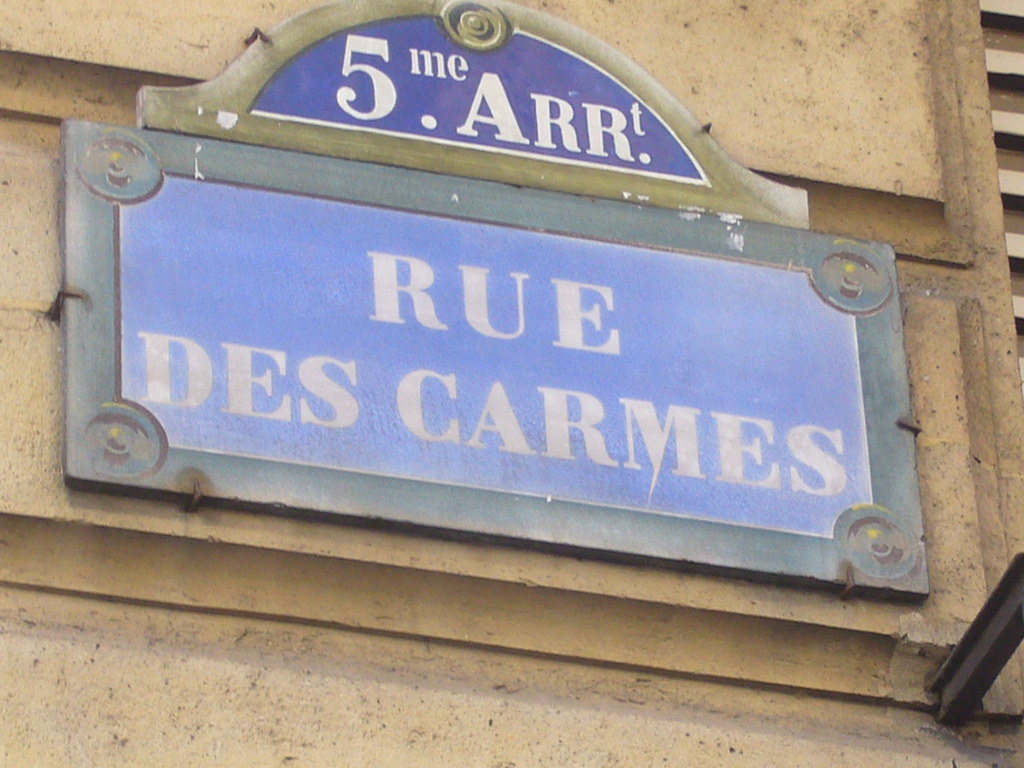
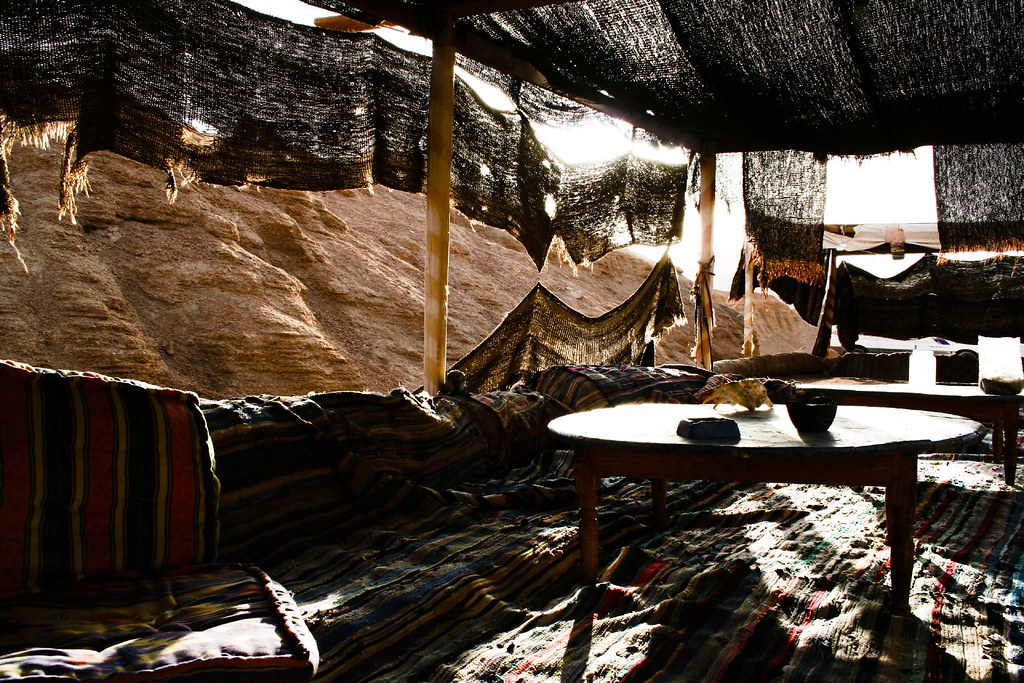
Bedouin tent, Sharm El Sheik, Egypt: photo by Michele Orsi, 7 May 2007

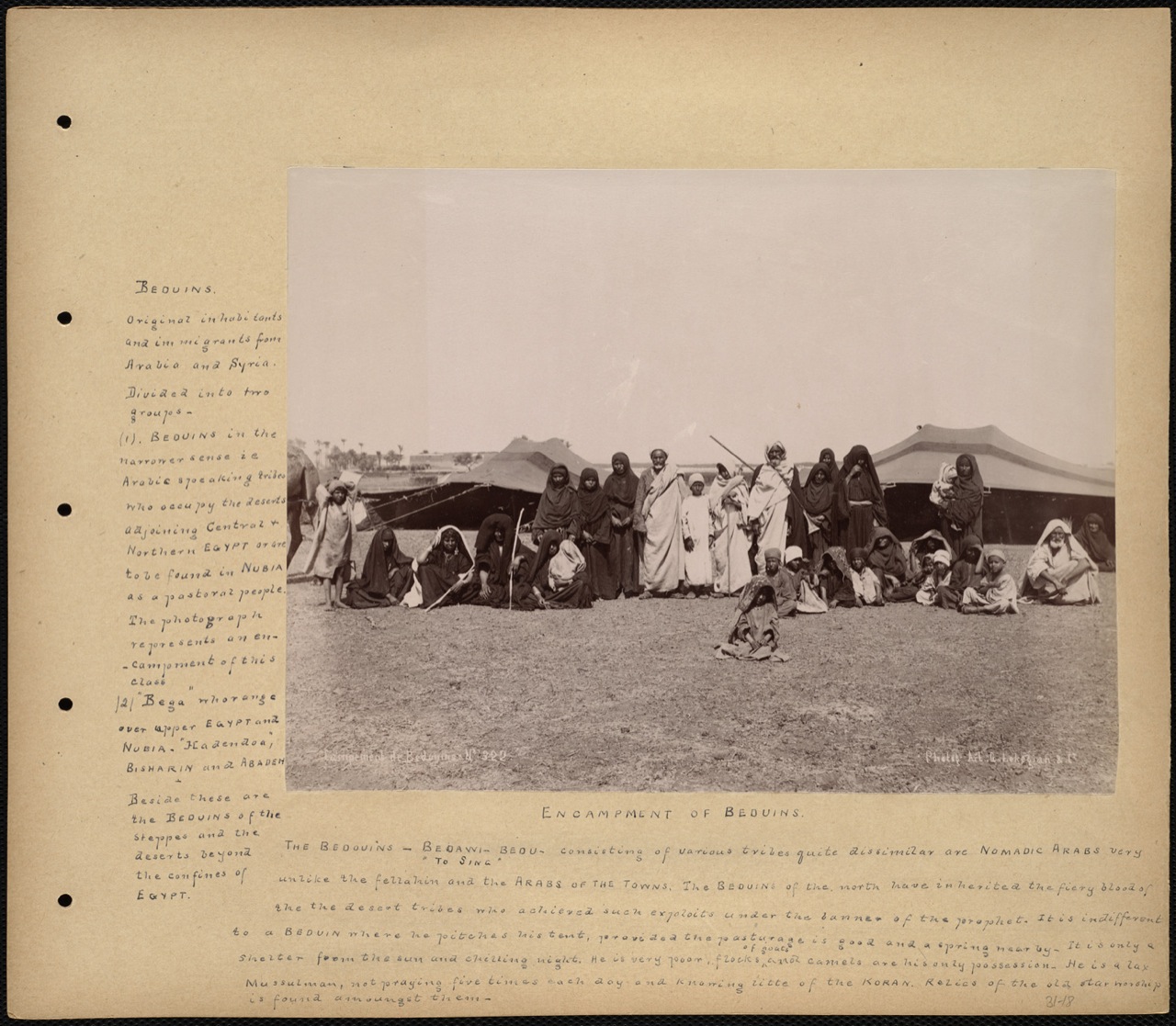
Encampment of Bedouins, on the Nile, Egypt: photo by G. Lédékian and Company, n.d. [c.1891-1895]; image by Boston Public Library, 18 November 2009 (William Vaughn Tupper Scrapbook Collection, Boston Public Library)

Haftom Zarhum, a 29-year-old Eritrean migrant, was shot by a security guard and kicked by bystanders: photo by AP via Al jazeera, 20 October 2015
Eritrean envoy to Israel calls for arrest of lynch mob: Israeli police have not arrested any of those involved in lynching of Eritrean who died of his wounds in Beersheba: Ali Younes, Al Jazeera, 20 Oct 2015
The
Eritrean ambassador to Israel has called for a thorough investigation
and subsequent arrest of those who shot and beat an Eritrean migrant who
later died of his wounds in southern Israel.
Tesfamariam Tekeste told Al Jazeera on Tuesday that he asked the
Israeli foreign ministry for a full investigation into the incident in
the city of Beersheba after he was notified of it by the Eritrean
community.
Haftom Zarhum, a 29-year-old Eritrean migrant, died in a Beersheba
hospital on Sunday night after he, mistaken for an accomplice of a
suspected attacker that killed an Israeli soldier, was shot by a
security guard and kicked by bystanders.
A video published online following the incident showed the
Eritrean being kicked by several people as he lay bleeding on the
ground.
"I was very saddened when I heard the news." the Eritrean diplomat told Al Jazeera.
No arrests made
Israeli police have not yet made any arrests two days after the incident.
The private security guard who shot the unarmed Eritrean was
questioned by the police and later released, Israeli police spokesperson
Mickey Rosenfeld said.
“We have arrested no one at this point, but we are still looking for
people for questioning over this incident," Rosenfeld told Al Jazeera.
Footage released online from the bus station clearly showed faces of
some of those who participated in the lynching, which Al Jazeera’s
reporter in Israel Elias Karram said, included two Israeli officers.
Moreover, an Israeli man, in an appearance on Israeli Channel Two on
Monday evening, said that he had been one of those who kicked Zarhum.
It remains unclear if Israeli authorities questioned the Israeli man or took any action against him.
Footage from the station showed at least one Israeli soldier kicking
Zarhum in the head as he lay bleeding on the floor of the terminal.
Another man lifted a bench and dropped it on Zarhum's head as another tried to protect him by placing a bar stool over his body.
'Victim of racism'
Amnesty International Israel said it was "appalled and in mourning"
after learning of the murder, adding that "Zarhum was shot by an Israeli
security officer, targeted simply because of the colour of his skin".
“He was a victim of racism and xenophobia who just happened to be at the scene of a terrorist attack,” the organisation said.
Asked whether the gruesome death of Zarhum showed racism within the
Israel towards Africans, the Eritrean diplomat said that he could not
generalise about Israeli society, but that "racism does exist in
Israel."
Tekeste advised Eritrean citizens in Israel to exercise caution when they move around in the country.
He said there were about 20,000 Eritrean citizens working in Israel.
Tekeste said that once the police conclude their investigations, the
embassy will repatriate the remains of Zarhum to his family who live in a
remote village in the Eritrean countryside.

Asmara, Eritrea: a
young man walks outside an abandoned building in central Asmara. On the
roof is a poster of Eritrean fighters rising to the top of a hill, in
honor those who fought in a 30-year struggle for independence from
Ethiopia, which was achieved in 1993: photo by Matina Stevis/The Wall Street Journal, 20 October 2015
Eritrean national killed in Israel "by mistake": Press Statement, Eritrea Ministry of Information, 19 October 2015
Several news agencies have reported
today the fatal shooting of an Eritrean citizen by Israeli soldiers in
the city of Be’er Sheva. The brutal beating and killing of the Eritrean citizen has been explained as a case of “mistaken identity”. And, condolences have been conveyed to the Eritrean Embassy by Israeli authorities.
Clearly, this incident cannot hide but rather amplify the intensified violence that is being perpetrated against civilians. For
the Eritrean people in particular, the tragic incident is a poignant
reminder of the hidden and unreported repression routinely committed in
Israel against tens of thousands of their compatriots.
The Eritrean national
purportedly killed by mistake today is one of the many victims of global
organized crime of human trafficking. These
Eritreans have been whisked off, as it were, to Israel through illicit
arrangements in the past years for political objectives and as a source
of cheap, manual, labour. In the
circumstances, the people and government of Eritrea express, once
again, their utmost indignation at, and condemnation of, the
reprehensible acts of human trafficking.
Ministry of Information
Asmara
19 October 2015
Asmara
19 October 2015

An Eritrean woman,
left, and a man pray at dawn beside an Orthodox Church at Adi-Harush
refugee camp in Ethiopia. The man, 25-year-old Shewit Hadera, arrived
after an earlier attempt to flee Eritrea landed him in jail, where he
says he was tortured. Eritrea’s information minister said, ‘Torture is
not allowed; that does not mean it may not happen here and there.’ : photo by Nichole Sobecki for The Wall Street Journal, 20 October 2015
The killing of Eritrean migrant by Israeli mob has struck a nerve Eritrean Facebook is filled with anger #Eritrea: tweet by Filmon Zerai @EritreaStruggle, 19 October 2015
Eritrean women gather
water at a community point in Adi-Harush Camp, one of the refugee camps
in Ethiopia where people fleeing Eritrea stay, for months or sometimes
years, before paying smugglers to take them to Europe: photo by Nichole Sobecki for The Wall Street Journal, 20 October 2015
Three young Eritreans enjoy the
view from the escarpment outside the Eritrean capital of Asmara. The
country on the Horn of Africa is a poor land with a secretive government
that imposes open-ended military conscription on youths, and about 1 in
50 Eritreans sought asylum in Europe between 2012 and mid-2015,
according to the European Union statistics agency Eurostat: photo by Matina Stevis/The Wall Street Journal, 20 October 2015
Eritreans abroad say they are pushed
to leave by conscription that enlists every man and woman in the
military during their last year of high school. Last week, 10 Eritrean
soccer players who were in Botswana for a match defected there. Some
Eritrean refugees fled to Israel through the Sinai Desert until Israel
erected a fence there. This week, an Eritrean man was killed in Israel
when attacked by a mob who mistook him for an assailant at an earlier
bus-stop attack.
-- Thousands flee isolated Eritrea to escape life of conscription and poverty: Matina Stevis and
Joe Parkinson: The Wall Street Journal, 20 October 2015

A billboard set up by Ethiopian authorities in Adi-Harush camp for Eritreans who have fled their country warned about human smugglers, saying, ‘Illegal movement is like walking blindfolded. Let’s stay alert.’ The refugees aren’t deterred.: photo by Nichole Sobecki for The Wall Street Journal, 20 October 2015
Gunman in attack in Israel identified as Bedouin, as Kerry says "clarity" needed at holy site: image via New York Times World @nytimesworld, 19 October 2015
Haftom Zarhum was shot by Israeli cops & violently killed by vigilante mob #BlackLivesMatter #Beersheba: image via vimto mami @lunarnomad, 19 October 2015
BREAKING: Photo of the #Eritrean refugee shot and beaten by Israeli police & mob in #Beersheba Israel: image via Anonymous @AnonOps_Eritrea, 19 October 2015

#Stabbing process & shooting in #Beersheba station. 1 zionist dead & 7 injured #PalestineResists #Man4Palestine: image via Dr. Halina @doc_hal, 18 October 2015

#Stabbing process & shooting in #Beersheba station. 1 zionist dead & 7 injured #PalestineResists #Man4Palestine: image via Dr. Halina @doc_hal, 18 October 2015

#Stabbing process & shooting in in #Beersheba station. 1 zionist dead & 7 injured #PalestineResists #Man4Palestine: image via Dr. Halina @doc_hal, 18 October 2015
Eritrean mistaken for terrorist shot, beaten as #Beersheba attack unfolded: image via Cassandra Vinograd Verified account @CassVinograd, 19 October 2015
Eritrean Envoy Calls for Arrest of Israeli #Beersheba Lynch Mob c @deray @MRN1SA @CornelWest: image via #NoJusticeNoPeace @PalsJustice, 21 October 2015
W.H. Auden: Miranda's Song ("Up jumped the Black Man behind the elder tree")

Malian Tuareg. Tuareg women enjoy equal rights to men, but their main role, as seen here, is looking after their family. When in the company of women, Tuareg men pull up their veils above the nose in a sign of respect: photo by Jean Marc Durou via the Guardian, 26 May 2015
My Dear One is mine as mirrors are lonely,
As the poor and sad are real to the good king,
And the high green hill sits always by the sea.
As the poor and sad are real to the good king,
And the high green hill sits always by the sea.
Up jumped the Black Man behind the elder tree,
Turned a somersault and ran away waving;
My Dear One is mine as mirrors are lonely.
Turned a somersault and ran away waving;
My Dear One is mine as mirrors are lonely.
The Witch gave a squawk; her venomous body
Melted into light as water leaves a spring,
And the high green hill sits always by the sea.
Melted into light as water leaves a spring,
And the high green hill sits always by the sea.
At his crossroads, too, the Ancient prayed for me;
Down his wasted cheeks tears of joy were running:
My Dear One is mine as mirrors are lonely.
Down his wasted cheeks tears of joy were running:
My Dear One is mine as mirrors are lonely.
He kissed me awake, and no one was sorry;
The sun shone on sails, eyes, pebbles, anything,
And the high green hill sits always by the sea.
The sun shone on sails, eyes, pebbles, anything,
And the high green hill sits always by the sea.
So, to remember our changing garden, we
Are linked as children in a circle dancing:
My Dear One is mine as mirrors are lonely,
And the high green hill sits always by the sea.
Are linked as children in a circle dancing:
My Dear One is mine as mirrors are lonely,
And the high green hill sits always by the sea.
W.H. Auden (1907-1973): Miranda, from The Sea and The Mirror: A Commentary on Shakespeare's The Tempest, 1942-1944, in For the Time Being, 1944
The veil. The
origin of the Tuareg’s trademark blue allichu veil is open to debate.
In addition to giving protection from dust whipped up by desert winds,
the veils are believed to prevent bad spirits from entering the body.
The dye bleeds freely onto the skin, giving the wearer a blue-grey
complexion: photo by Henrietta Butler via the Guardian, 26 May 2015
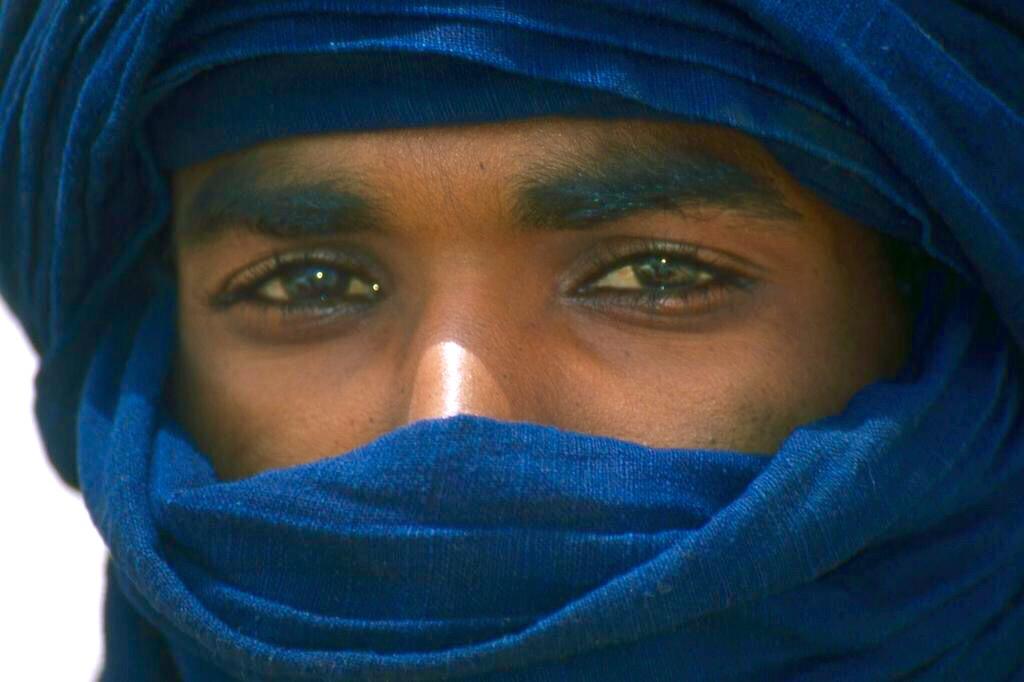

#Future Boo #Tuareg Man! Eyes so damn beautiful smh: image via Fatima Dee @Coco3yoon, 10 May 2015

Outside Timbuktu: photo by Carsen ten Brink, 2 January 2015

Tuareg encapment (near Tombouctou, Mali): photo by Leslie Lewis, 27 January 2011

The ‘desert rock’ music scene may have given Tuareg bands like Tinariwen and Tamikrest an international spotlight, but knowledge of their culture and plight remains limited in the UK: photo by Henrietta Butler via the Guardian, 26 May 2015
#Tuareg/#Tamasheq traditional hairstyle... #Mali #Niger @Algeria
#BurkinaFaso #Libya: image via Rougi @futadjalon, 5 October 2014
Un popolo nomade e purtroppo in estinzione.
#Tuareg #Mali #Niger #Maghreb #DonneInArte@Algeria #DonneNelMondo @alecoscino: image via Antonella Cantone @AntonellaCanto3, 5 October 2014
Effigies of the Demon King
In #Haryana village, demon-king Ravana aims for #WorldRecord: image via INDIA TRENDING NOW @ITNlive, 21 October 2015
Indian vendor sells effigies of the Hindu demon King Ravana on the roadside in Amritsar. By Narinder Nanu #AFP: image via Sophie Chauveau @s_chauveauAFP, 20 October 2015
Woman drives past #Ravana effigies in #Bhopal: image via Indscribe @indscribe, 21 October 2015
No one will be spared if the Mighty #Ravana doesn't get his cookie back #HappyNavrati: image via Unibic Cookies @UnibicCookie, 20 October 2015
Historians and opposition denounce Netanyahu for saying Palestinian mufti inspired Hitler: image via New York Times World @nytimesworld, 21 October 2015
Anger at Netanyahu claim Palestinian grand mufti inspired Holocaust: Israeli PM accused of trivialising the Holocaust for saying grand mufti of Jerusalem gave Hitler idea of exterminating Europe’s Jews: Peter Beaumont in Jerusalem for The Guardian, 21 October 2015
The Israeli prime minister, Binyamin Netanyahu,
has attracted a storm of criticism for an incendiary speech in which he
accused the second world war Palestinian grand mufti of Jerusalem of
“inspiring the Holocaust”.
The comments in a speech at the World Zionist Congress
in Jerusalem, in the context of the current violence between Israelis
and Palestinians, were condemned as incorrect by historians and the
Israeli opposition leader Isaac Herzog for trivialising the Holocaust.
On the Palestinian side, senior official Saeb Erekat described the remarks as absolving Adolf Hitler.

Israel approved construction of the West Bank Barrier in the summer of 2002. Israel describes the structure as a security barrier with no political significance. But some Palestinians view it as a way of protecting settlements and securing areas for expansion: image via AFPgraphics @AFPgraphics, 20 October 2015

Israel approved construction of the West Bank Barrier in the summer of 2002. Israel describes the structure as a security barrier with no political significance. But some Palestinians view it as a way of protecting settlements and securing areas for expansion: image via AFPgraphics @AFPgraphics, 20 October 2015

Israel approved construction of the West Bank Barrier in the summer of 2002. Israel describes the structure as a security barrier with no political significance. But some Palestinians view it as a way of protecting settlements and securing areas for expansion: image via AFPgraphics @AFPgraphics, 20 October 2015

Israel approved construction of the West Bank Barrier in the summer of 2002. Israel describes the structure as a security barrier with no political significance. But some Palestinians view it as a way of protecting settlements and securing areas for expansion: image via AFPgraphics @AFPgraphics, 20 October 2015
UN chief tells Israelis, Palestinians to urgently calm tensions: image via Agence France-Presse @AFP, 20 October 2015
A Palestinian protester hurls stones towards Israeli troops during clashes at the Israeli Hawara checkpoint near the West Bank city of Nablus, October 16, 2015. The unrest that has engulfed Jerusalem and the occupied West Bank, the most serious in years, has claimed the lives of 34 Palestinians and seven Israelis [photo Ahmad Talat/Reuters]: image via Reuters Opinion @Reuters, 21 October 2015
136 attacks on medics, 47 dead and thousands injured since the start of October: Palestinian Ministry of Health: image via syndicalist @syndicalist, 21 October 2015
#Palestine - How a knife suddenly appears next to a dead Palestinian! #Israel: image via DOAM @doammuslims, 20 October 2015

Rabbis for Human Rights: Like every year, Israeli settlers continue to steal Palestinian #olive fields #Palestine image via Gabriel Helou @GabrielHelou, 20 October 2015

Rabbis for Human Rights: Like every year, Israeli settlers continue to steal Palestinian #olive fields #Palestine image via Gabriel Helou @GabrielHelou, 20 October 2015
The olive harvest in occupied Palestine can cost them lives.. #Palestine teaches life #PalestineUnderAttackimag
#WestBank: 54-year-old Palestinian dies from tear gas inhalation during clashes in Hebron:: image via syndicalist @syndicalist, 21 October 2015

#WesrBank: Confrontations between Israeli occupation forces and youth near Beit El settlement, north of al-Bireh: image via syndicalist @syndicalisms, 20 October 2015

#WesrBank: Confrontations between Israeli occupation forces and youth near Beit El settlement, north of al-Bireh: image via syndicalist @syndicalisms, 20 October 2015

#WesrBank: Confrontations between Israeli occupation forces and youth near Beit El settlement, north of al-Bireh: image via syndicalist @syndicalisms, 20 October 2015

#WesrBank: Confrontations between Israeli occupation forces and youth near Beit El settlement, north of al-Bireh: image via syndicalist @syndicalisms, 20 October 2015
A Palestinian swings a sling during clashes with Israeli troops, near Ramallah, West Bank, Tuesday: photo by Majdi Mohammed/AP, 20 October 2015
Israel razes West Bank home of jailed Palestinian as clashes continue: image via Agence France-Presse @AFP, 20 October 2015
Palestinian protesters look around a wall during clashes in the West Bank city of Hebron, on Wednesday: image via Abed Al Hashlamoun/EPA, 21 October 2015
On Refugee Road

#Greece: A #Syrian amputee whose prosthetic leg is on his baby's stroller walks with his family at Piraeus port: image via Talar Kalajian @TalarKala, 21 October 2015

Mounted police officers escorted hundreds of migrants after they crossed into Dobova, Slovenia, from Croatia. Slovenia has faced a surge of migrants since Saturday, when Hungary sealed its border with Croatia: photo by Sergey Ponomarev for The New York Times, 20 October 2015
Slovenia buckles as migrants rush to escape winter, border closures: image via Agence France-Presse @AFP, 20 October 2015

A child resting with other migrants on a road near the village of Berkasovo, Serbia, near the border with Croatia. Many migrants had been stranded for days in ankle-deep mud and rain: photo by Darko Vojinovic/Associated Press, 20 October 2015
People gather for an anti-migrant demonstration in Dresden: image via Reuters Top News @Reuters, 20 October 2015

The German federal police guided a group of migrants after they crossed the border from Austria in Wegscheid: photo by Matthias Schrader/Associated Press, 20 October 2015
Migrants are entering Europe with little or no screening, leading to fears of unrest: image via New York Times World@nytimesworld, 20 October 2015

Slovenia to ask EU for police back-up to cope with influx of migrants: image via Reuters Top News @Reuters, 20 October 2015
A man carries his daughter as they walk with other migrants and
asylum seekers after crossing the Macedonian-Serbian border near the
village of Miratovac on Tuesday: photo by Armend Nimani/AFP, 20 October 2015

Migrants and asylum seekers walk after crossing the Macedonian-Serbian border. By @armend_nimani #AFP: image via AFP Photo Department@AFPphoto, 21 October 2015

Migrants and asylum seekers walk after crossing the Macedonian-Serbian border. By @armend_nimani #AFP: image via AFP Photo Department@AFPphoto, 21 October 2015

Migrants and asylum seekers walk after crossing the Macedonian-Serbian border. By @armend_nimani #AFP: image via AFP Photo Department@AFPphoto, 21 October 2015

Migrants and asylum seekers walk after crossing the Macedonian-Serbian border. By @armend_nimani #AFP: image via AFP Photo Department@AFPphoto, 21 October 2015
#Serbia: A woman carrying her child walks near Miratovac after crossing the Macedonian-Serbian border #migrantcrisis: image via Talar Kalajian @TalarKala, 20 October 2015
A child drags a suitcase after crossing the Macedonian-Serbian border, near Miratovac. By @armend_nimani #AFP: image via AFP Photo Department@AFPphoto, 20 October 2015
Nowhere to Run
#INFOGRAPHIC 35,000 displaced from Aleppo, Syria following fresh regime
offensives, UN said @AFP: image via Agence France-Presse @AFP, 20
October 2015

A man rests inside a damaged house by what activists said were air strikes by forces loyal to Syria’s president Bashar Al-Assad in Jabal al-Akrad area in northwestern Syria 31 December: photo by Alaa Khweled/Reuters via the Guardian, 4 January 2015
Over 76,000 people killed in #Syrian war in 2014 – NGO: image via Sputnik @Sputnikint, 1 January 2015
"Eat cats and dogs.." clerics told to the starving #syrian children... @Free Media Hub: image via #happynewSYRIAyear @AejKhalil, 30 December 2014
Pic via @TheSyriaPulse: Rebel fighter moves through wall near frontline against regime forces, #Aleppo #Syria Dec. 28: image via Al-Monitor @AlMonitor, 31 December 2014
The war on doctors. "In Aleppo, #Syria largest city in the country, only 13 surgeons remain": image via Nadim Houry @nadimhoury, 20 November 2014
#Syria war deadliest in 2014 with 76,000 killed: Monitor: image via News Nation @NewsNationTV, 1 January 2014
Syria's Assad promises jobs to relatives of killed soldiers #Syria: image via Middle East Eye @MidleEastEye, 1 January 2015
Syrian conflict has claimed 76,000 lives in deadliest year yet, say monitors #Syria: image via MintPress News @MintPressNews, 1 January 2015
Putin attacks the civilians and the FSA taking them to be ISIS while ISIS is 100 km away from us. #Syria #Kafranbel: image via Hadi Al Abdallah @HadiAlabdallah, 5 October 2015

Russian Air Force Targets Hospitals in #Syria #Assad: image via Syrian Coalition @SyrCoalition, 3 October 2015
Issam Al Saleh died a hero. Killed by Russian dble tap while saving others. Photo shows being carried by colleagues.: image via The White Helmets @SyriaCivilDef, 3 October 2015
[Untitled]: image via baraa al halabi @baraaalhalabi, 3 October 2015
[Untitled]: image via baraa al halabi @baraaalhalabi, 3 October 2015
No Russian intervention in Syria: image via baraa al halabi @baraaalhalabi, 7 October 2015
Giuseppe Ungaretti: In Memoria ("he was once alive")

Cinquièmrue 6 (3 rue Basse des Carmes, Paris 5 e.): photo by André Fantelin, 24 August 2012
.......Locvizza il 30 settembre 1916
Si chiamava
Moammed Sceab
Discendente
di emiri nomadi
suicida
perchè non aveva più
Patria
Amò la Francia
e mutò nome
Fu Marcel
ma non era Francese
e non sapeva più
vivere
nella tenda dei suoi
dove si ascolta la cantilena
del Corano
gustando un caffè
E non sapeva
sciogliere
il canto
del suo abbandono
L'ho accompagnato
insiema alla padrona dell'albergo
dove abitavamo
a Parigi
dal numero 5 della rue des Carmes
appasito vicolo in discesa
Riposa
nel camposanto d'Ivry
sobborgo che pare
sempre in una giornata
di una
decomposta fiera
E forse io solo
so ancora
che visse
Si chiamava
Moammed Sceab
Discendente
di emiri nomadi
suicida
perchè non aveva più
Patria
Amò la Francia
e mutò nome
Fu Marcel
ma non era Francese
e non sapeva più
vivere
nella tenda dei suoi
dove si ascolta la cantilena
del Corano
gustando un caffè
E non sapeva
sciogliere
il canto
del suo abbandono
L'ho accompagnato
insiema alla padrona dell'albergo
dove abitavamo
a Parigi
dal numero 5 della rue des Carmes
appasito vicolo in discesa
Riposa
nel camposanto d'Ivry
sobborgo che pare
sempre in una giornata
di una
decomposta fiera
E forse io solo
so ancora
che visse

حسن عيد الاضحى / Très bonne fête à tous nos frères musulmans à l'occasion de l'Aïd al-Adha ! / Very good day to all our Muslim friends, day of sacrifice!: street art (collage) by Matlaw, Rue des Carmes, Quartier Panthéon, Paris: photo by Mickaël VO Y PHONG, 26 October 2012
.....Locvizza 30 September 1916
His name was
His name was
Mohamed Sceab
Descendant
of emirs of nomadic tribes
took his own life
because he had lost
his Homeland
Loved France
and changed his name
Was Marcel
but wasn't French
had forgot how
to simply live
sipping a coffee
sipping a coffee
in the tent of his people
where the little singsong
of the Koran is chanted
And didn't know how to
give
his separateness
a voice
a voice
I went along with the concierge
from the hotel where we lived
in Paris
following his body
down the dingy alleyway
from number 5 rue des Carmes
His remains
rest
in the cemetery at Ivry
dolorous suburb
that always brings to mind
the day
a fairground comes down
It may be I alone
still know
Giuseppe Ungaretti (1888-1970): In Memoria, 30 September 1916, from ll porto sepolto, 1916; English version TC

Panhard automotive factory, rue Nationale, Ivry, Paris: photographer unknown, n.d.; image by crescendixx, 18 May 2012

Rue des Carmes, Paris: photo by Omar (ahmed1948), 10 October 2009

Bedouin tent, Sharm El Sheik, Egypt: photo by Michele Orsi, 7 May 2007

On the river Nile, Egypt, between Cairo and Luxor, with a slow movement on the water: photo by Absinthias, 19 November 2005

Encampment of Bedouins, on the Nile, Egypt: photo by G. Lédékian and Company, n.d. [c.1891-1895]; image by Boston Public Library, 18 November 2009 (William Vaughn Tupper Scrapbook Collection, Boston Public Library)


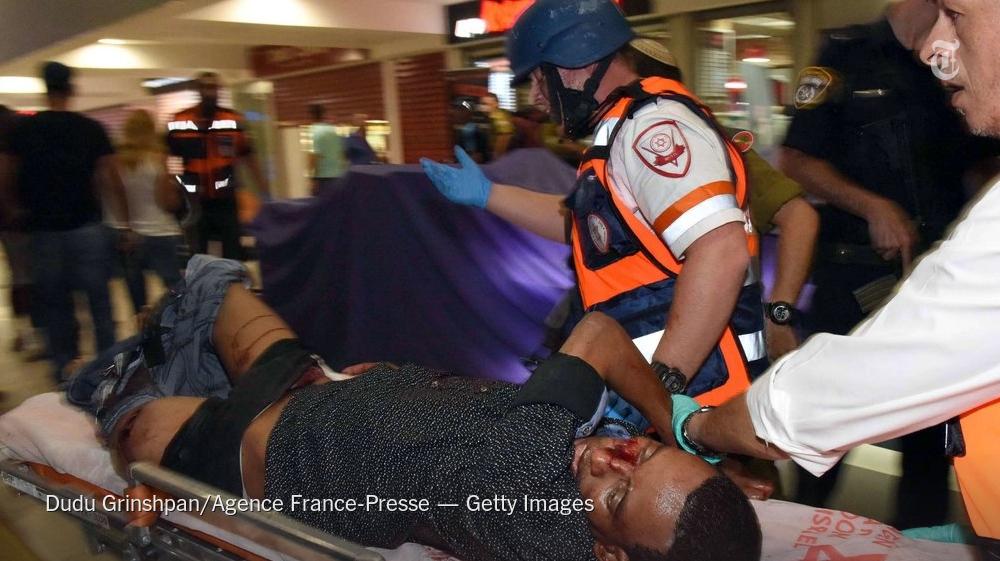


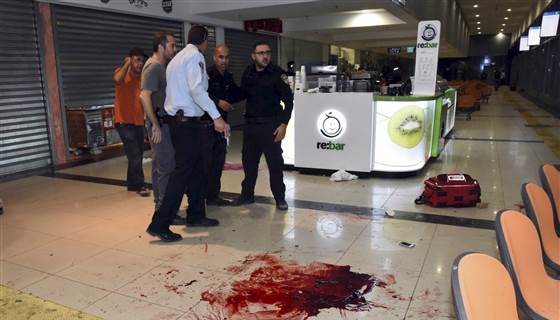
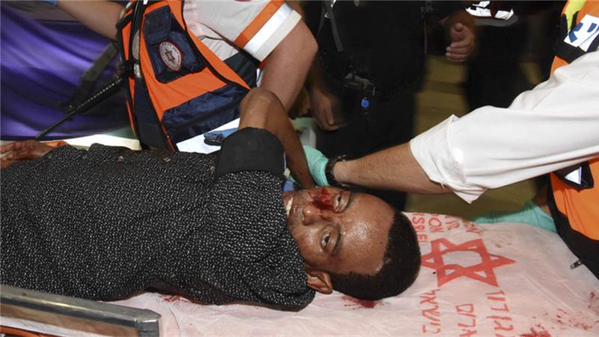

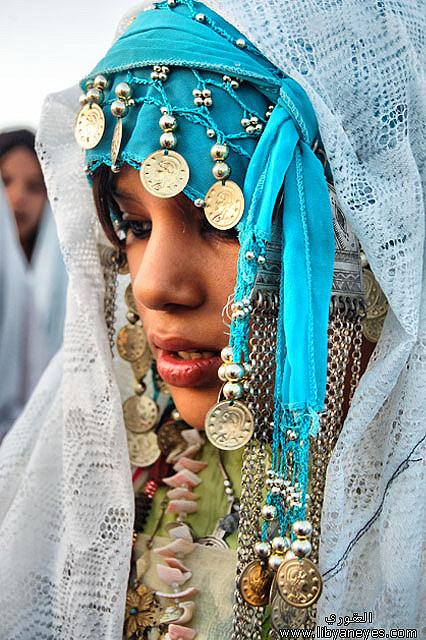
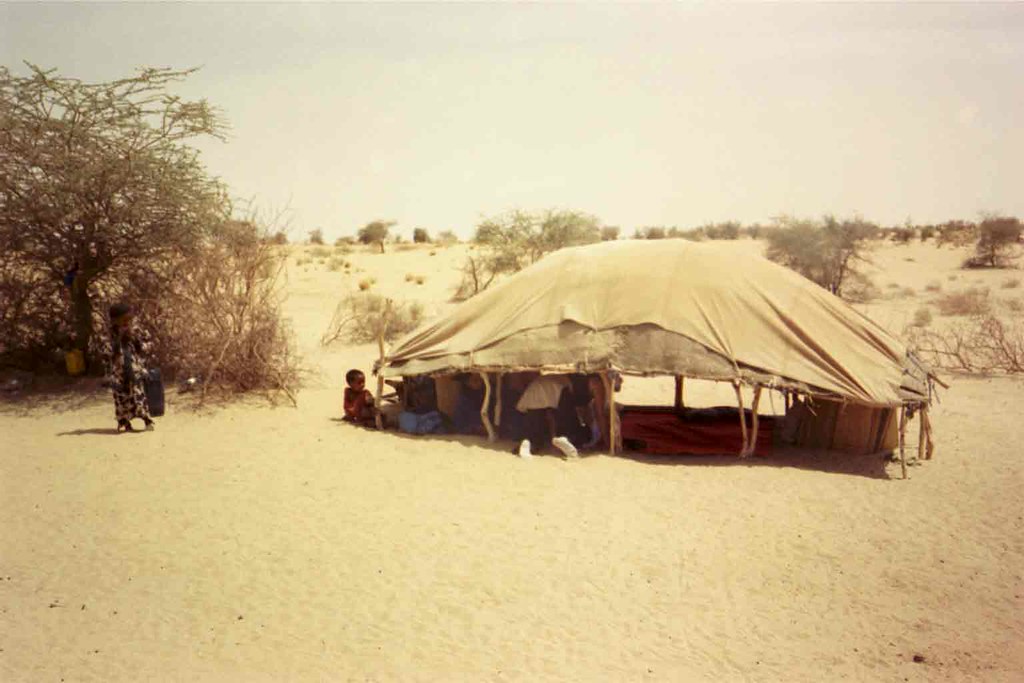

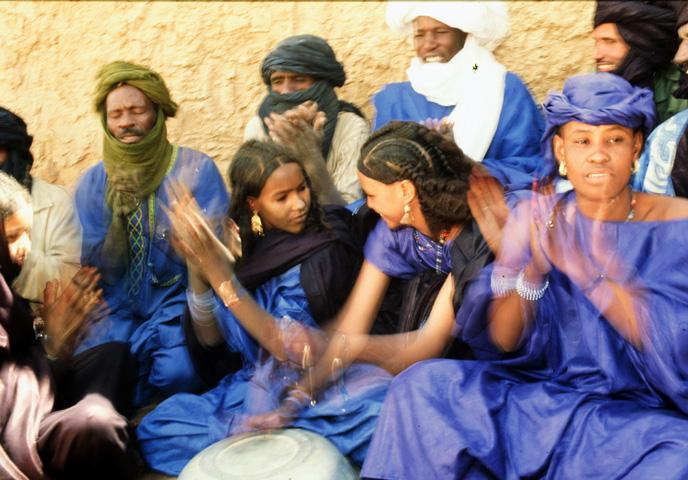
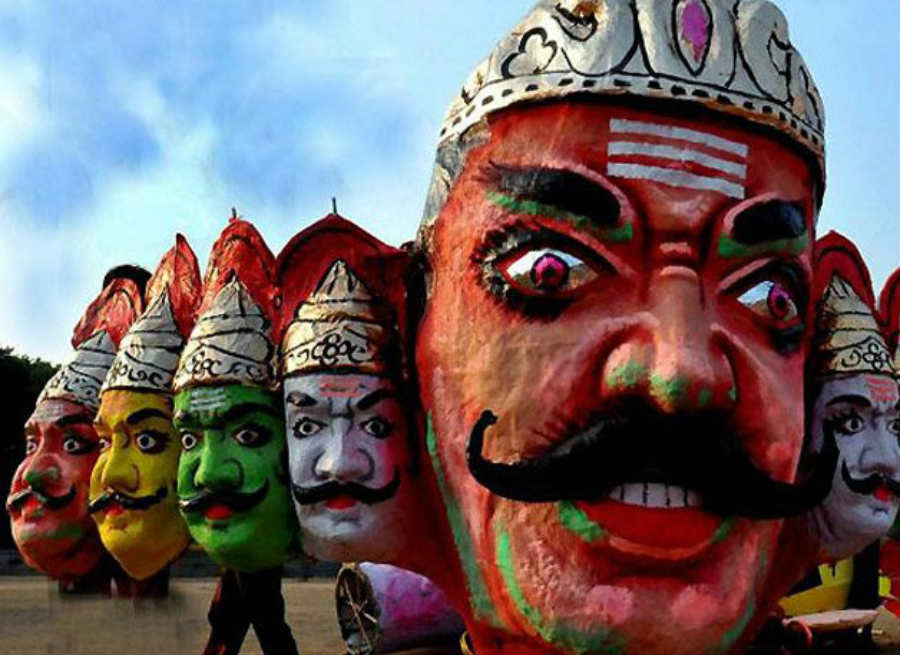

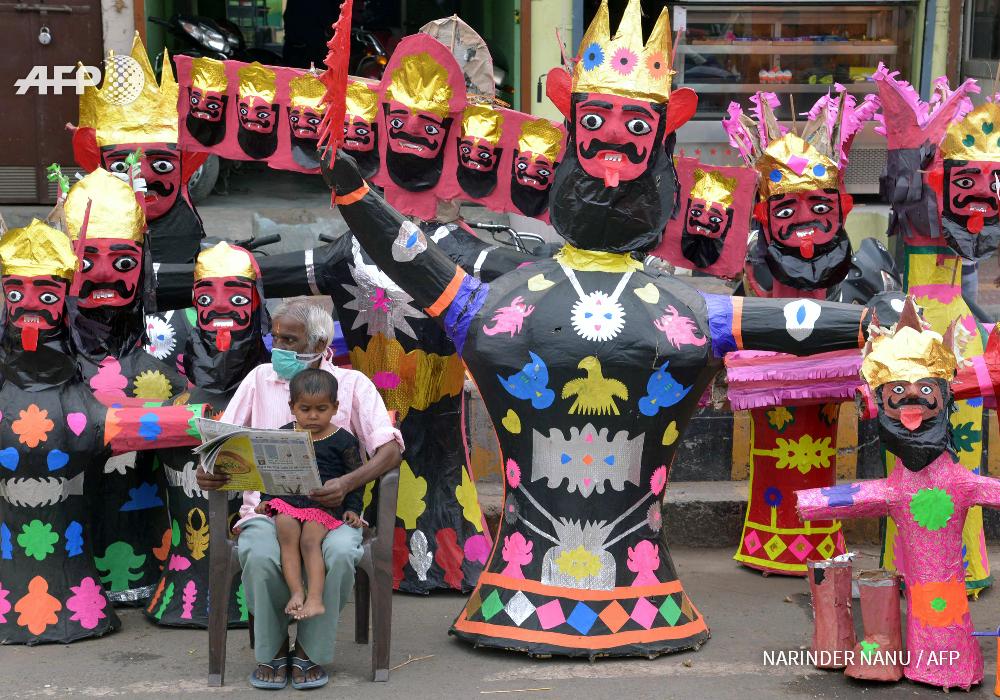
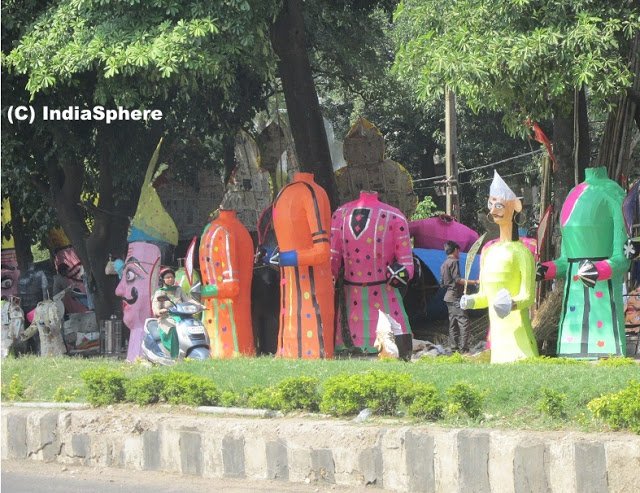

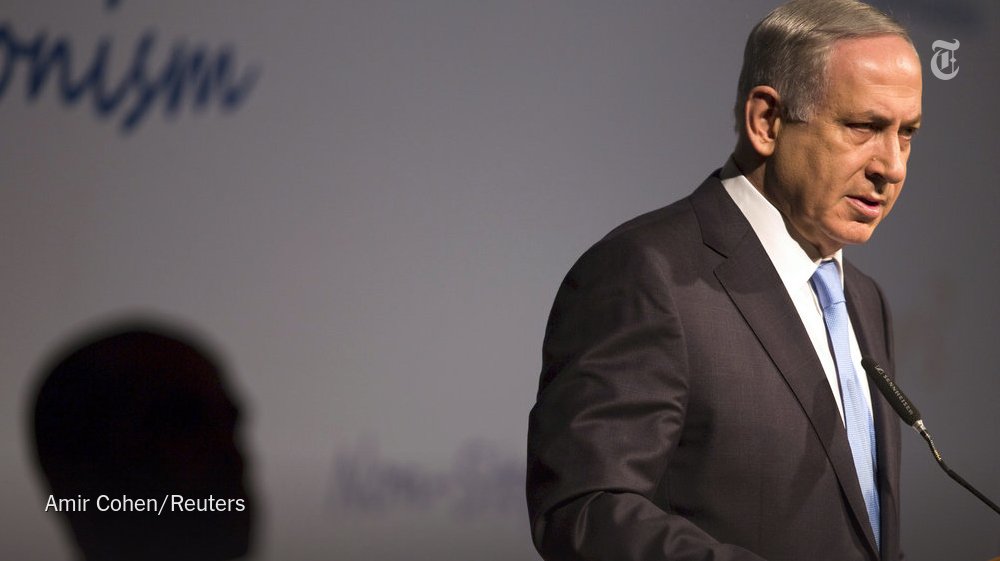
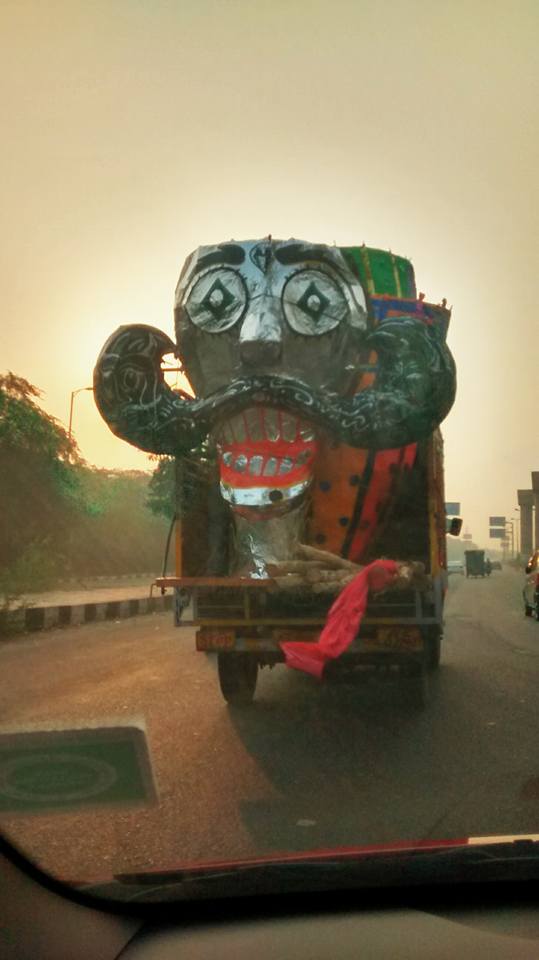


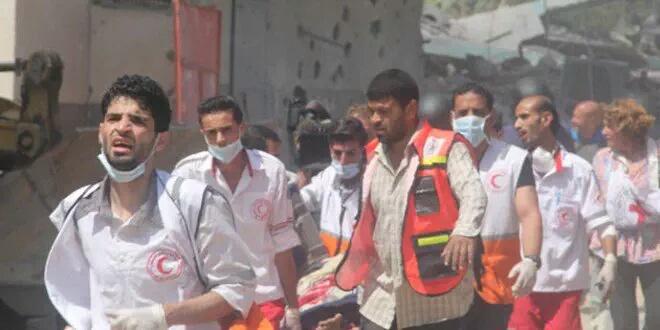

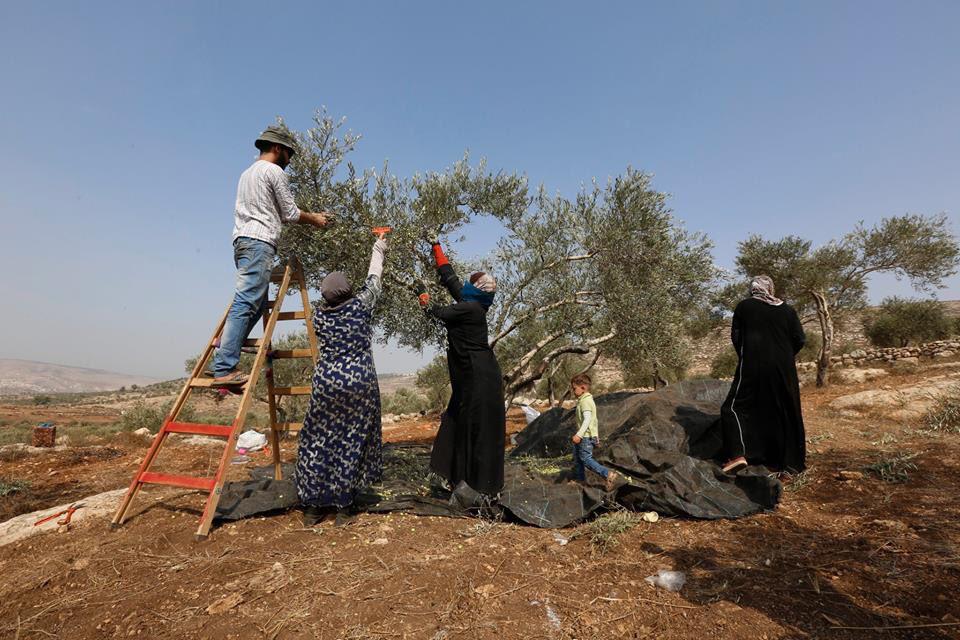
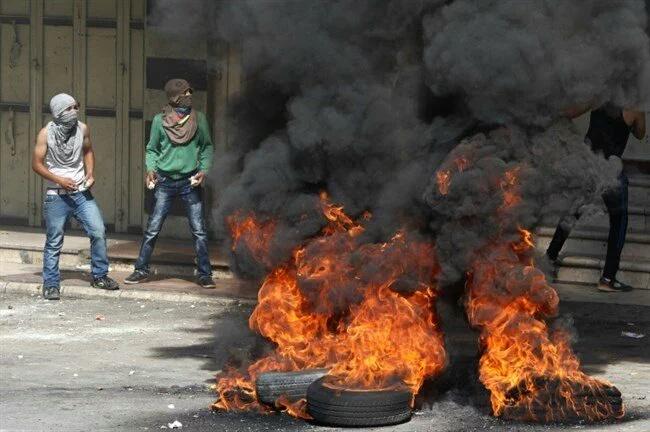
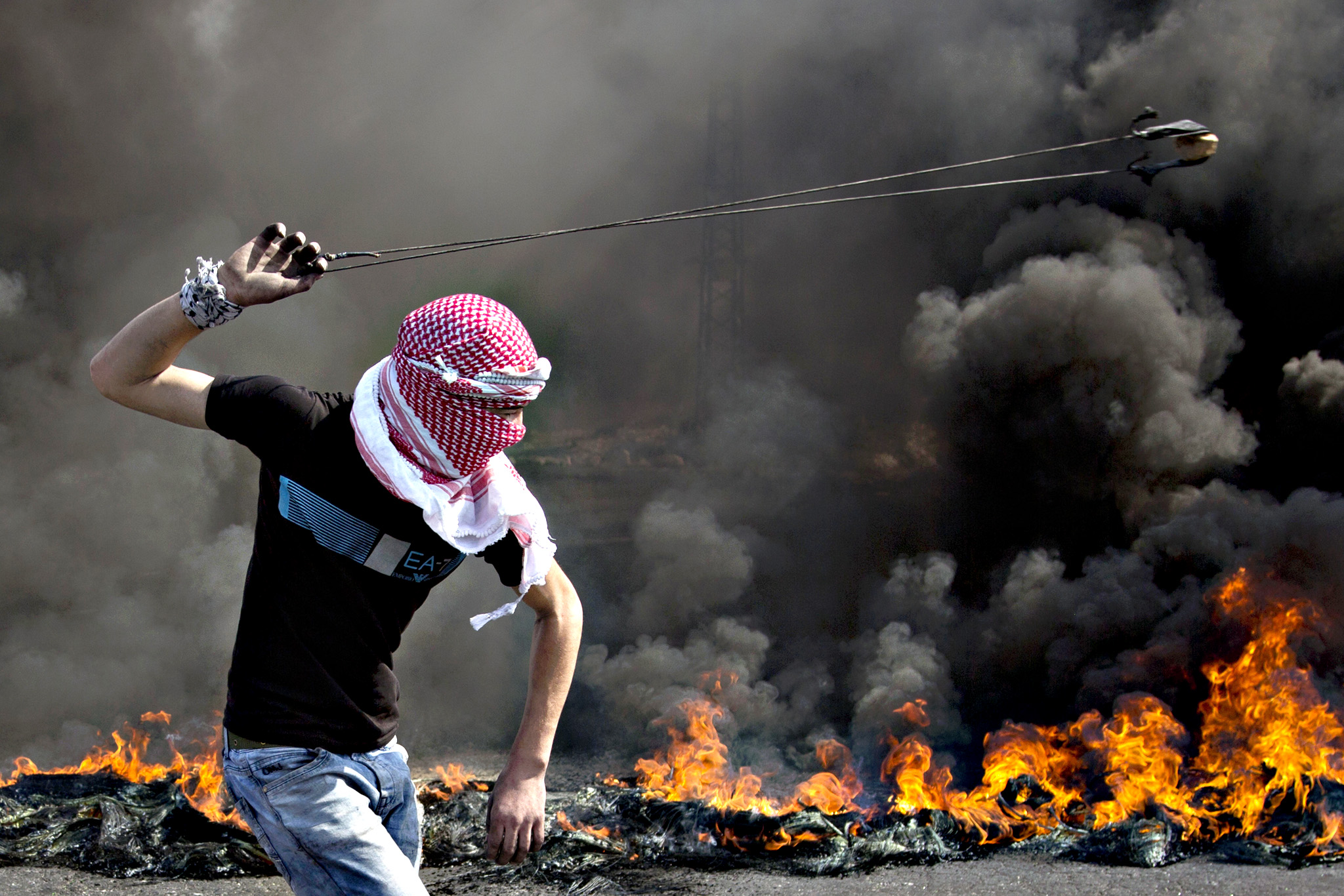
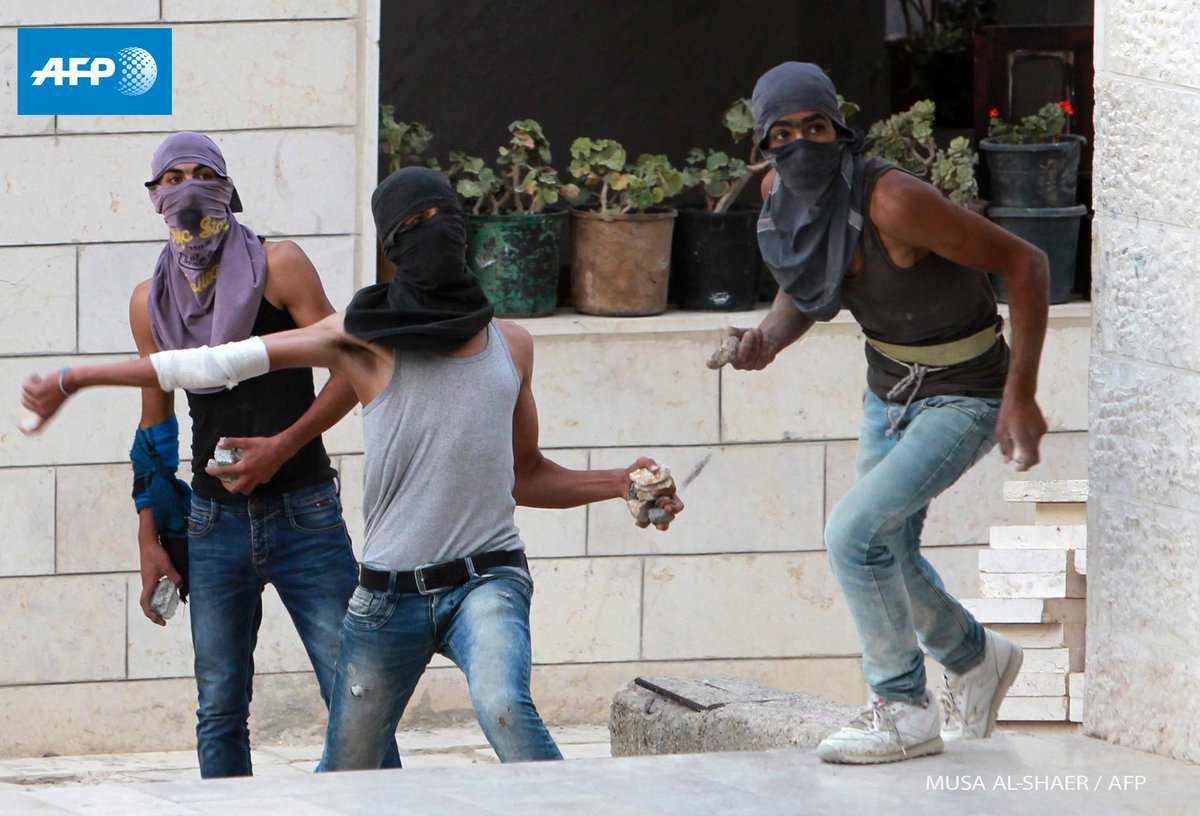

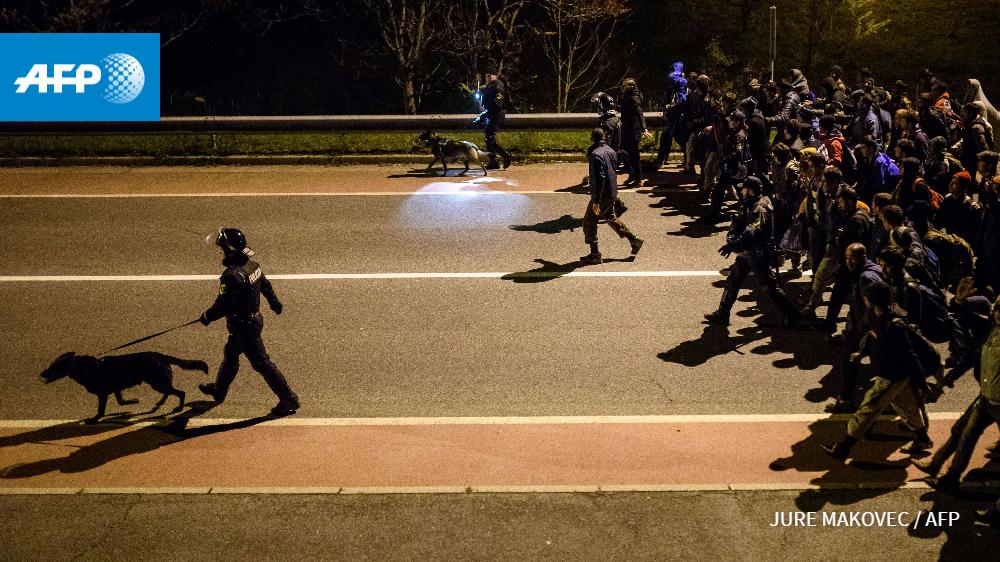


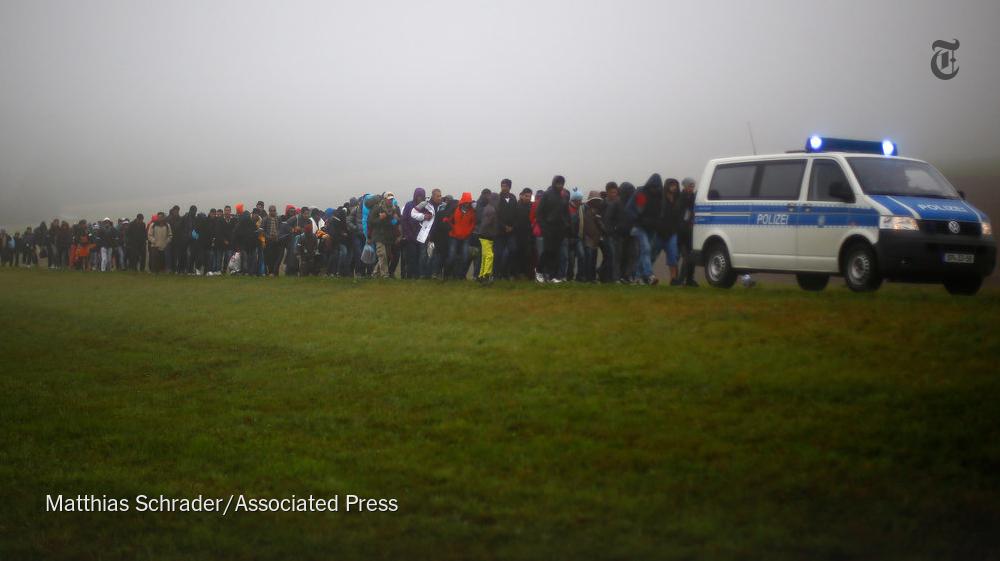


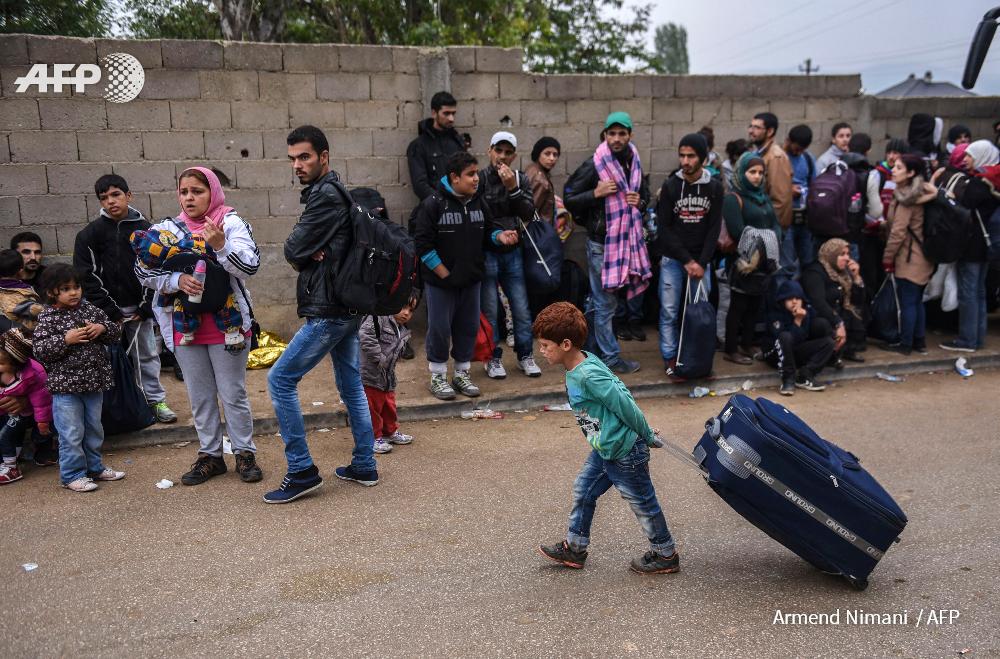

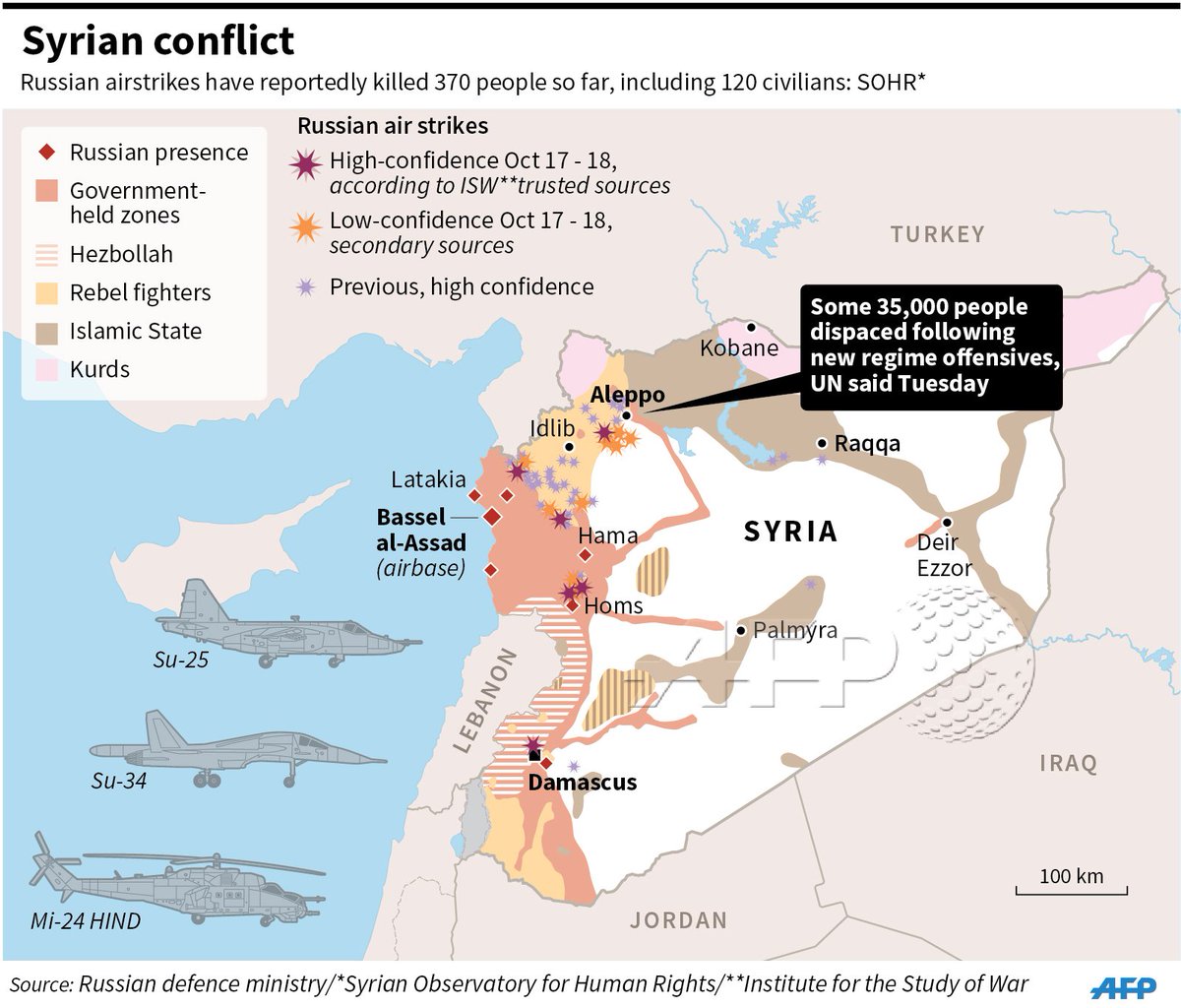
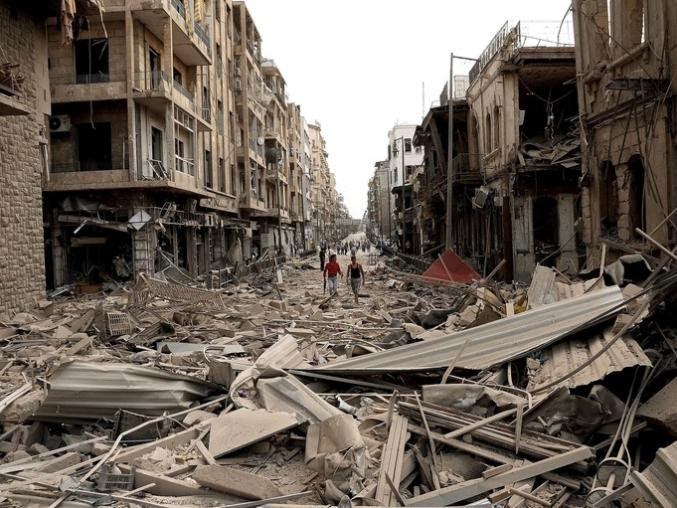

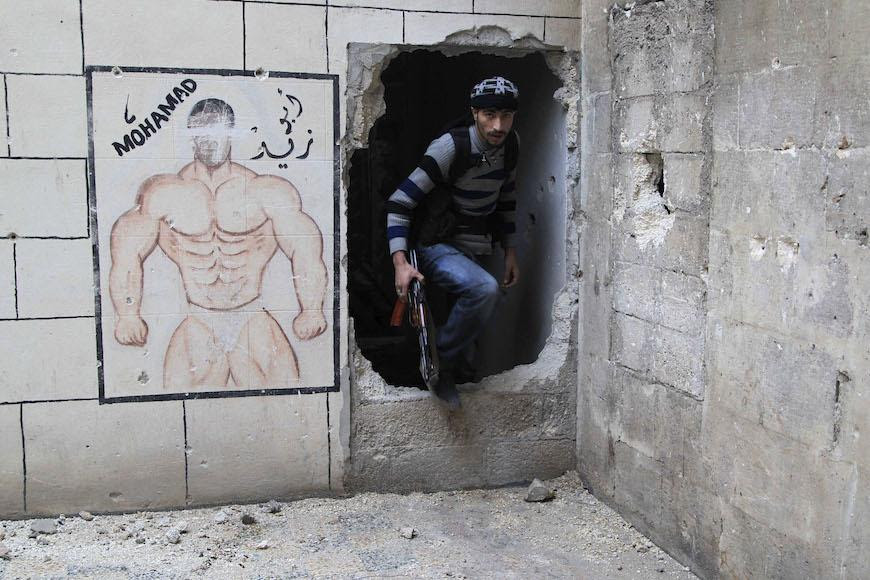
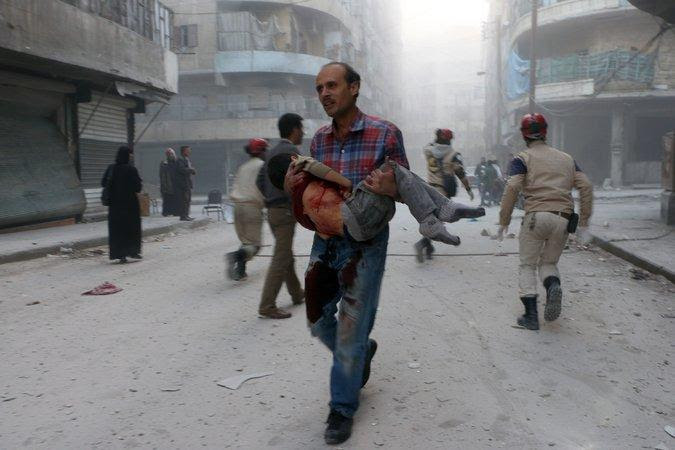

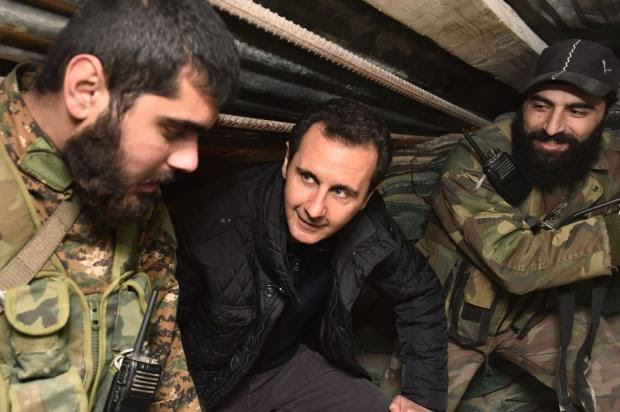
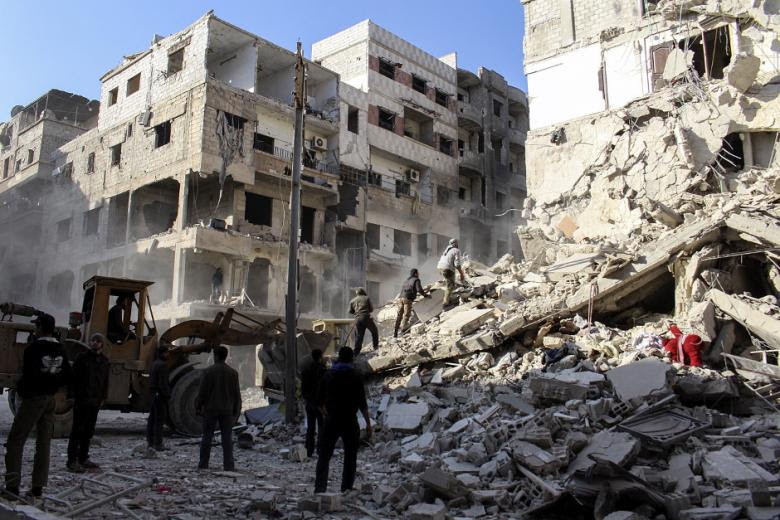
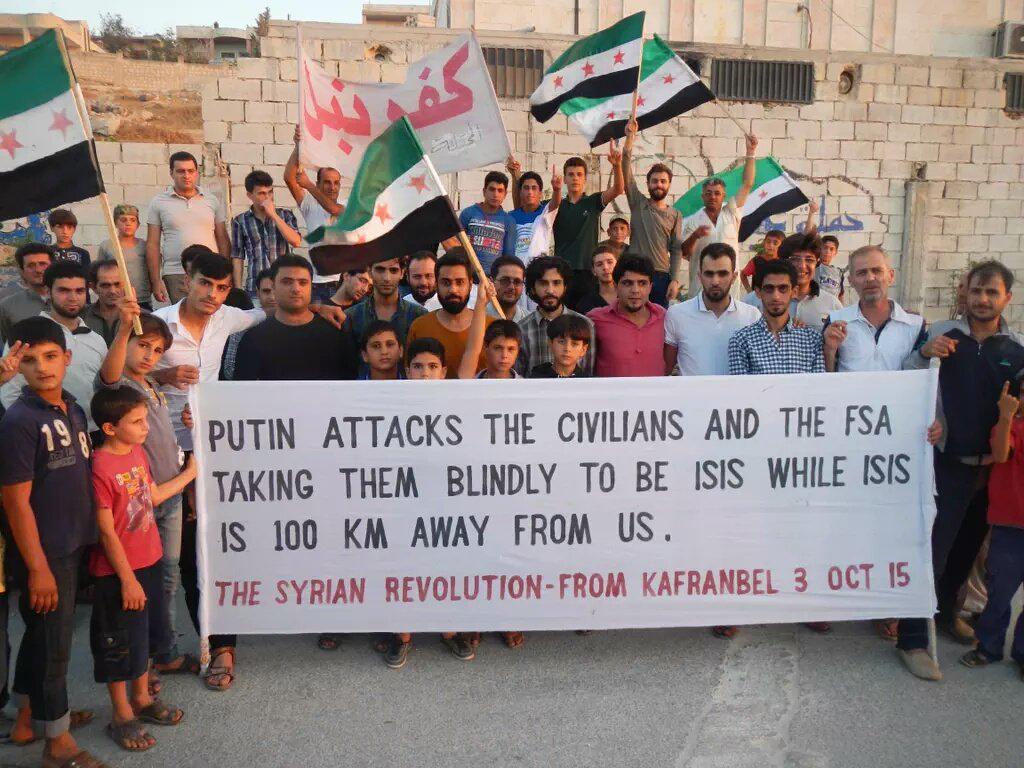







2 comments:
Always the palpable indifference of the police.
Straight away Ferguson came to mind.
Duncan, many thanks for not looking away.
Not sure whether the police seen looking on at the bus depot lynching weren't simply waiting for a good chance to put in the boot.
Here's a direct link to that video posted by Rania Khalek showing a bit of the Fergusonian solidarity demonstration in Nazareth.
Ferguson activists bring message of "love and struggle" to Palestinians
“We come to a land that has been stolen by greed and destroyed by hate. We come here and we learn laws that have been cosigned in ink but written in the blood of the innocent. And we stand next to people who continue to courageously struggle and resist the occupation, people who continue to dream and fight for freedom. From Ferguson to Palestine the struggle for freedom continues.”
But of course it's quite plain from the story of what went down in Beersheba that under Israeli occupation, Black Lives Don't Matter.
It was difficult not to be similarly disappointed by Bibi's incredibly cynical attempt to pitch oil on the current fires by repeating (though with none of the political shrewdness of Menachem Begin) the traditional Likud party/Fox News exploitation of historical fact for propaganda purposes. The transcript of the Hitler/Husseini encounter does not contain the exchange attributed by Netanyahu. Husseini's opportunistic intent to promote the Arab liberation struggle obviously deprived him of the ability to select principled allies. But the meeting came several months after Babi Yar. The idea purported to have been planted in Hitler's mad brain by Husseini had by the time of that fictive conversation recounted by Bibi already grown and darkly flowered.
Bibi might better have called attention to the ongoing efforts of settler thugs to disrupt the West Bank olive harvest.
The brave defender of the Palestinian olive farmers, Rabbi Arik Ascherman, head of Rabbis for Human Rights, is a Jew, but for his humanitarian efforts he has been rewarded by the settlers with the same sort of human kindness granted the Eritrean asylum seeker in the Beersheba bus depot.
Awata village, West Bank: Settlers trying to attack Rabbi Arik Ascherman with a knife (23 October 2015)
Post a Comment